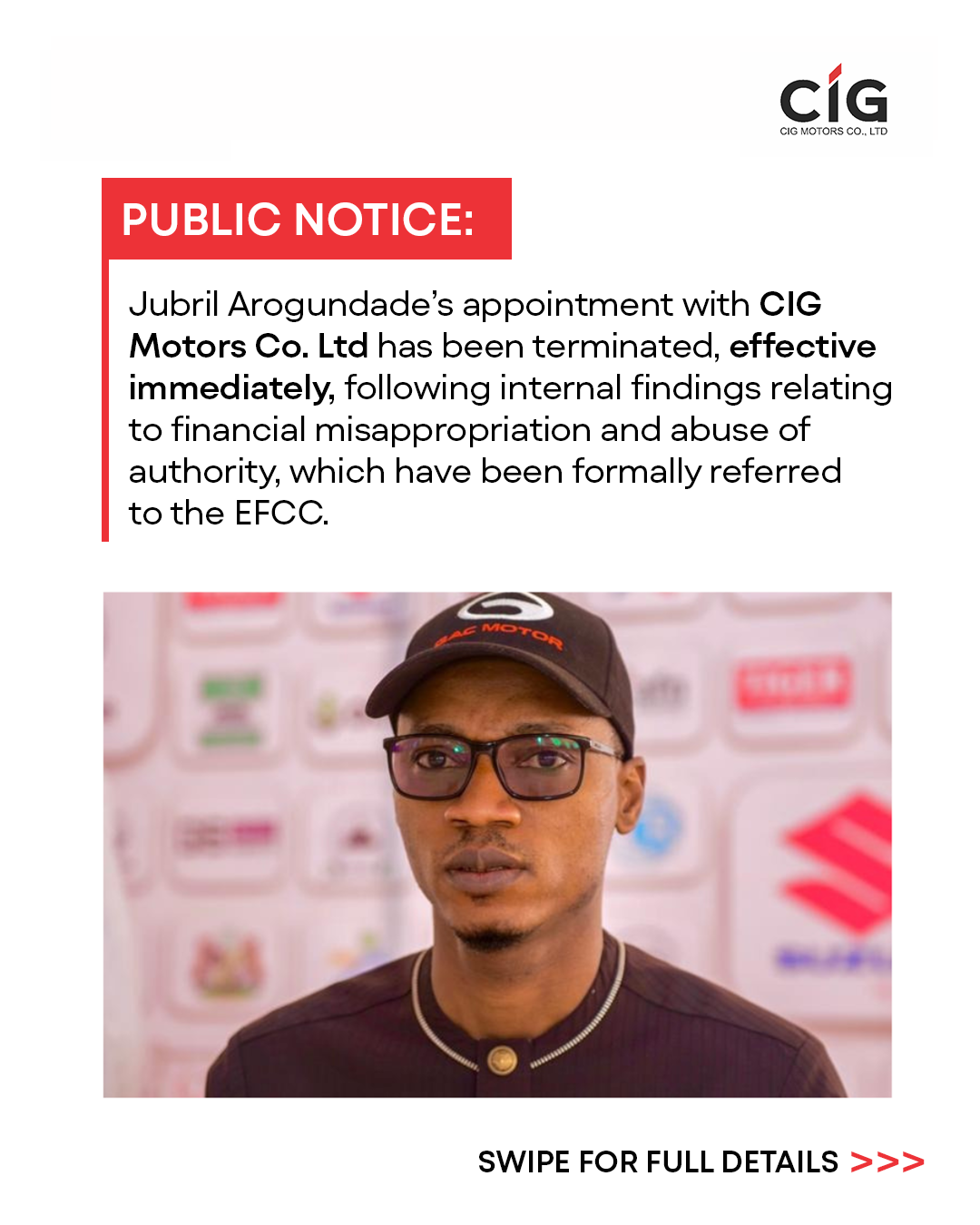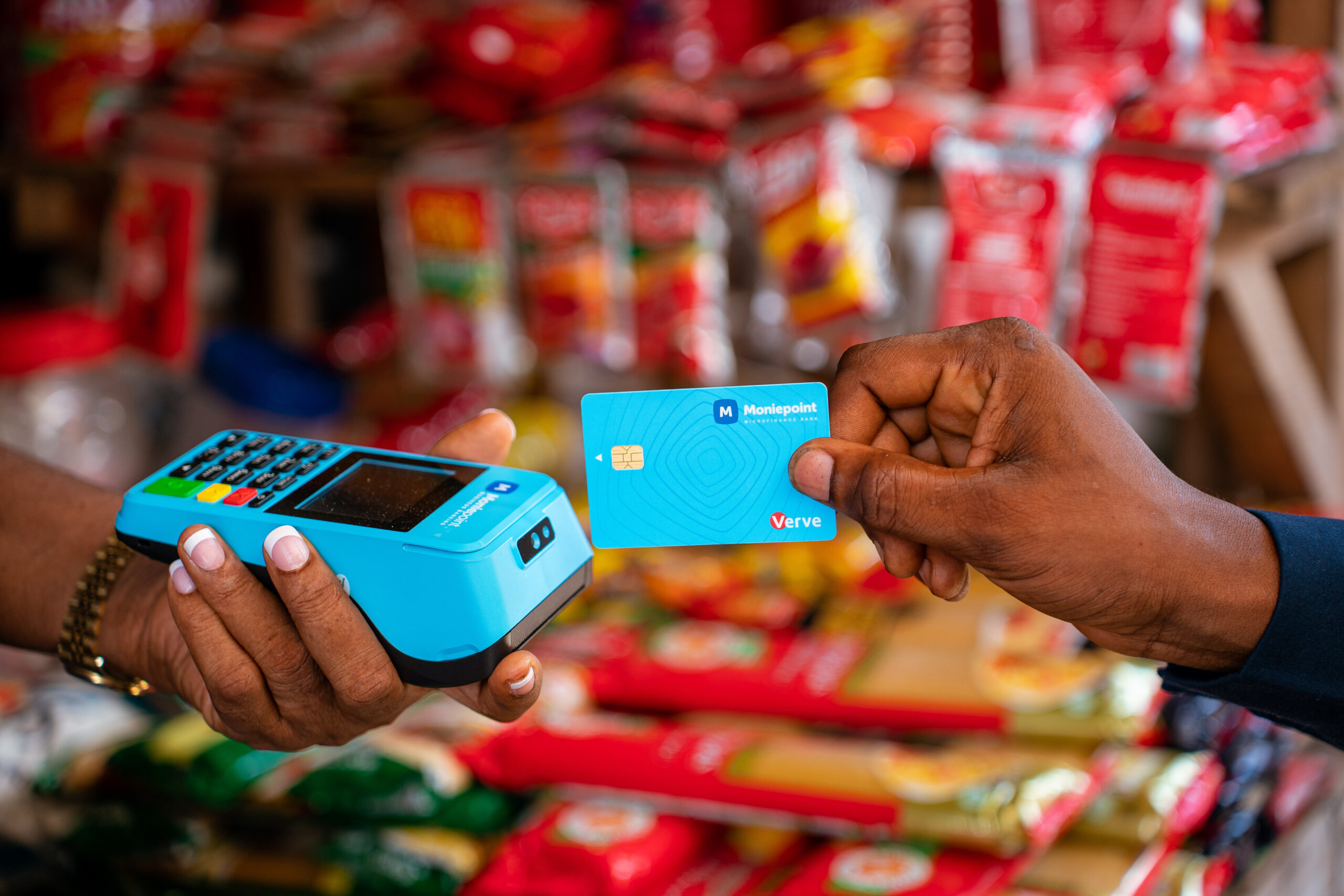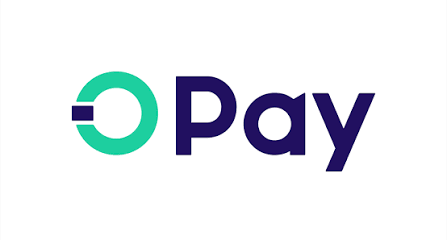
In April 2025, Nigeria was shaken by the collapse of another large-scale financial scam—CryptoBank Exchange (CBEX)—an online investment platform that allegedly defrauded thousands of investors of approximately ₦1.3 trillion or $847 million. The platform, which promised unrealistically high returns of 100% within 30 days, has now become a symbol of the dangers posed by unregulated digital investment schemes operating under the guise of cryptocurrency trading and artificial intelligence (AI)-powered financial tools.
CBEX was promoted widely through social media platforms and peer-to-peer networks, claiming it operated with advanced AI trading algorithms that guaranteed large profits. Operated by a group of foreign nationals in collaboration with local Nigerian partners, CBEX exploited the increasing desperation of Nigerians facing a challenging economic climate. Many people, including students, small business owners, and prospective brides and grooms, invested substantial funds into the scheme, often using savings meant for essential life goals like school fees and weddings.
However, on April 9, 2025, red flags became impossible to ignore. Withdrawals were suddenly restricted, and users were met with shocking notifications: they had to make additional deposits—$100 for smaller accounts and $200 for larger ones—just to verify their identities and regain access to their funds. In reality, this was a final attempt to squeeze more money from investors before vanishing. By Monday, April 14, the platform had collapsed completely, wiping out account balances and sparking nationwide outrage.
Immediate Effects and Investor Reaction
The immediate aftermath of the collapse was chaos and anger. In cities like Ibadan, angry investors stormed the CBEX office, forcibly entering and taking furniture and office equipment in frustration. Security agencies including the Nigeria Police Force and Operation Amotekun were deployed to prevent further violence. In Abuja, CBEX’s office was locked, with no staff in sight. Security guards confirmed that the company had instructed workers to stay away to avoid possible attacks.
Stories of personal loss quickly flooded social media. Some victims lost life savings, school fees, and even wedding funds. A woman shared how she lost $1,000 saved for her wedding. Another said her brother lost his tuition fees and could no longer face their parents. Even those who didn’t lose money personally were affected, like a businessman who introduced friends that invested $8,000.
How CBEX Operated: Classic Ponzi Structure in a Modern Cloak
CBEX was a classic Ponzi scheme disguised in modern clothing. It offered abnormally high returns, relied on recruiting new members to fund older investors, and collapsed once the flow of new investments dried up. It frequently changed domain names and created an illusion of legitimacy using cryptocurrency buzzwords like “AI-based trading” and “blockchain security.” This strategy tapped into the digital gold rush mentality, especially among young Nigerians, who saw crypto as a way to escape poverty.
The platform’s model encouraged users to introduce others, creating a multi-level marketing-style recruitment chain. It even asked users to make deposits after losses to “verify accounts,” a tactic often used by fraudsters to delay detection while extracting more money from victims.
Government Intervention and Regulatory Measures

The Economic and Financial Crimes Commission (EFCC), Nigeria’s anti-corruption agency, has since launched a full-scale investigation into CBEX. According to the EFCC’s spokesman, Dele Oyewale, the commission was already monitoring the platform before its collapse. Now, in collaboration with INTERPOL, they are working to track down the foreign and Nigerian operators behind the scam.
Oyewale confirmed that arrests are already underway and that the commission is focused on recovering stolen funds and prosecuting those responsible. The EFCC has also emphasized the broader mission to crack down on other Ponzi schemes currently operating in Nigeria. A list of 58 unregistered investment companies has been released, and several of them have already faced prosecution.
Simultaneously, the Securities and Exchange Commission (SEC) has been vocal in warning Nigerians against engaging with unlicensed online investment platforms. Under the newly signed Investment and Securities Act (ISA) of 2025, it is now a criminal offense to operate an online trading platform or offer forex and digital asset services without SEC registration. SEC’s Director-General, Dr. Emomotimi Agama, said the act aims to make Nigeria’s capital market safer, more inclusive, and aligned with international best practices.
The Psychological and Economic Cost
Beyond the immediate financial damage, CBEX’s collapse has left a psychological toll on its victims. From shame and guilt to deep regret, many investors are struggling emotionally. Others are also facing strained relationships, especially those who convinced friends and family to invest. These outcomes reflect not just the personal cost but also a broader societal consequence—the erosion of trust in financial innovation.
Financial experts have noted that this situation is a direct result of unchecked greed, poor financial literacy, and desperation due to Nigeria’s economic challenges. Many Nigerians are lured by the promise of high returns without considering the associated risks. As one financial educator, Kelechi Godfrey, pointed out, when an investment sounds too good to be true—like a 100% return in 30 days—it usually is.
Investment analyst Segun Aremu added that many Nigerians don’t understand their risk appetite and often invest important funds—like rent or tuition—into high-risk schemes. He emphasized the need for more financial education and a culture of due diligence before investing.
Benefits Claimed vs. the Real Impact
CBEX lured investors by promising high returns, automated trading through AI, and financial freedom. In reality, it devastated thousands of lives, drained the economy of millions of dollars, and exposed deep vulnerabilities in Nigeria’s digital finance ecosystem. While some early investors made small profits, the majority ended up losing everything.
The only “benefit” CBEX truly offered was as a case study in what not to do when investing. It has prompted renewed urgency among regulatory bodies, served as a wake-up call to the public, and put the spotlight back on the need for financial regulation and literacy in the digital age.
The CBEX scandal is a stark reminder of the risks tied to unregulated financial platforms, especially in a tech-driven world where appearances can be deceiving. As the EFCC and SEC step up enforcement and regulatory frameworks evolve, the Nigerian public must also play its part—by educating themselves, asking critical questions, and avoiding investment options that promise the impossible.
Ultimately, while the authorities may be able to trace and recover some of the lost funds, the lasting solution lies in public awareness and a shift in mindset. If Nigerians continue to prioritize short-term gains over long-term security, CBEX will not be the last Ponzi scheme to shake the country. But with strong laws, vigilant regulators, and a financially literate population, such schemes can be minimized, if not eliminated altogether.
Stay ahead of the curve—Educate yourself on safe investment practices and learn how to spot scams before they harm you. Visit our website at LouisaOlaniyi.com.ng for expert advice, updates on the latest financial trends, and tips on how to make informed investment decisions. Together, we can build a stronger, more financially aware community.
…By Ani Juliana.
Ani Juliana, is A 300l student at the University of Nigeria Nsukka,
With the passion for content writing and Copywriting.

















































